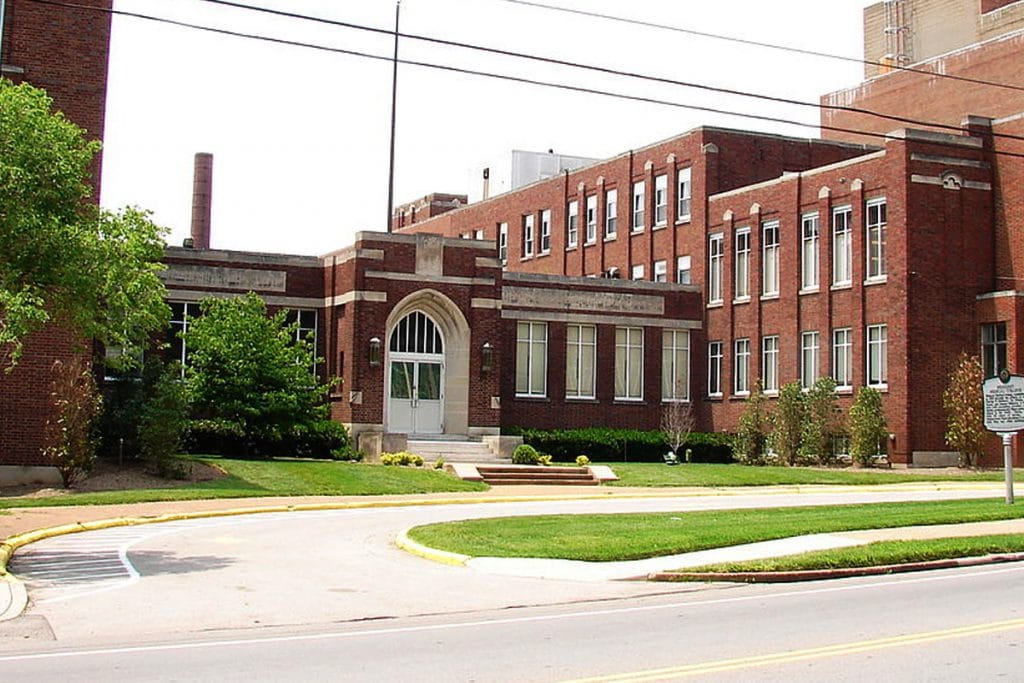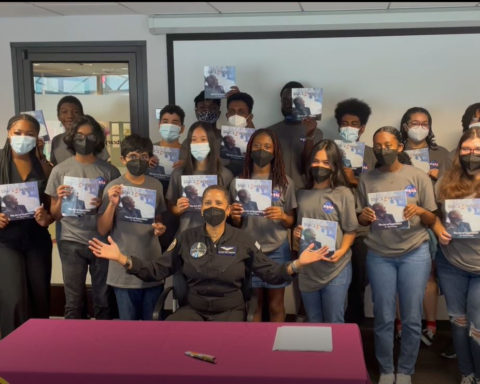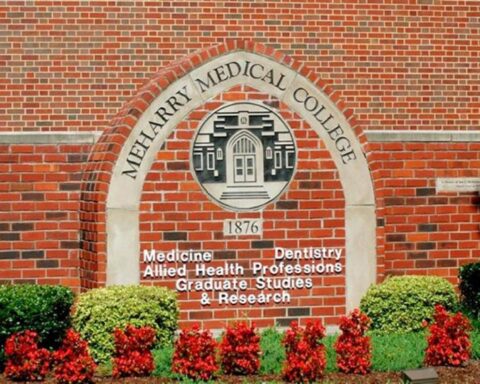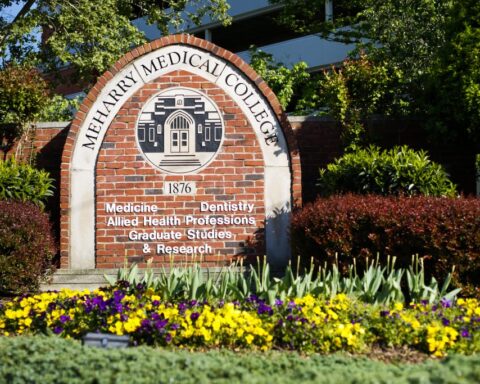By Meharry Medical College
The Black Coalition Against COVID has released their report titled The State of Black America and COVID which continues to underscore long-standing health disparities in Black Americans revealed to many during the COVID-19 pandemic.
The two-year data assessment by the BCAC—which comprises several organizations and businesses and includes the four historically Black health science centers: Meharry Medical College; Howard University College of Medicine; Morehouse School of Medicine and Charles R. Drew University of Medicine and Science—found that at the beginning of the pandemic, Black Americans suffered the highest rates in COVID-19 infections, hospitalizations and deaths. Even with early data on race and ethnicity limited, the impact of COVID-19 on Black Americans was substantially high. When data quality improved, reporting on race and ethnicity demonstrated that marginalized minority groups were disproportionately affected by COVID-19 and outcomes were exacerbated by pre-existing societal and structural issues not connected to genetic disposition.
According to the report, Black communities in the U.S. encountered more financial and emotional strain than other segments as more than one in six workers lost jobs between February and April 2020 and lost employer-based health care as a result. A September 2020 analysis in the report revealed that 13 percent of Black Americans were five times more likely to die from COVID in comparison to white Americans.
Also, Black children were significantly burdened by COVID-19 as one in 310 children lost caregivers compared to white children at a rate of one in 738. The study also suggested an uptick in mental health and substance abuse issues from emotional distress due to substantial loss.
“This report shares the arc of the pandemic for Black Americans, highlights areas for immediate focus and attention and presents a set of expert-generated recommendations for action,” said Marcella Nunez-Smith, M.D., MHS, chair of the Presidential COVID-19 Health Equity Task Force. “This report situates alarming pandemic-related disparities within these deeper societal inequities and provides guidance to move towards sustained change.”
Testing site accessibility became another structural barrier to COVID-19 efforts as many facilities were limited to vehicle use only, which overlooked rural Black communities and people with disabilities. Black respondents from a 2020 poll in the study indicated that they also received discrimination and disparate treatment while at testing sites.
Environmental and societal factors were also linked to the pre-existing conditions that contributed to COVID burdens as Black workers are overrepresented in the service-based industries as essential workers, increasing the likelihood of COVID-19 infections. These conditions, paired with environmental toxins and diseases prevalent in Black communities such as diabetes, hypertension and chronic kidney disease, caused further complications.
Vaccination hesitancy and eligibility can also be attributed to accumulated health concerns. According to the report, a 10 percent gap in vaccination rates between Black and white adults suggested a link to deeply-rooted governmental distrust that worsened with disjointed messaging and flawed vaccination rollouts. Since September 2021, however, the vaccination rates between both Black and white adults has narrowed.
The report offers long-range focus areas to offer solutions for mitigating health inequities for Black Americans requiring persistent data collection based on race and ethnicity to monitor the pandemic’s effects. It also suggests prioritizing booster shots for the most vulnerable Black Americans—including children and adolescents—while prioritizing the accessibility of testing and therapies.
“Despite increasing optimism, the pandemic is not yet over,” the report says. “Vigilance and intentionality remain critical to ensure an equitable recovery for Black Americans and the establishment of an adequate, integrated and sustainable community and public health infrastructure ready to respond to future public health crises.” According to the report, “…it is a call to action to address the continued COVID-19 burden and highlight the need for continued vigilance to ensure equity for Black Americans.”
The BCAC’s Reed Tuckson, M.D. said, “…[W]e understand that there remains unfinished work yet to do to save and protect our communities from the COVID-19 pandemic. We commissioned this two-year report because we believe it is important to examine the consequences of the pandemic for Black America. However, because we have a profound respect for Black life and survival, and indeed for all life, we understand that even after the pandemic resolves, the disparities in health status experienced by the Black community prior to the pandemic must be urgently addressed.”
In conclusion, the report said: “The work ahead will be more challenging than ever and requires well-designed, adequately funded and strategically coordinated efforts at the national, regional, state and local levels.”
BCAC was founded in 2020 in Washington, D.C. with the two-pronged mission to provide relevant and reliable data on minority communities while providing direct COVID-related support services locally and nationally. The group is composed of leading partnerships with Meharry Medical College, Howard University College of Medicine, Morehouse School of Medicine, Charles R. Drew University of Medicine and Science, the National Medical Association, the W. Montague Cobb Institute of the NMA, the National Black Nurses Association, the National Urban League and BlackDoctor.org. BCAC also relies on grassroots activists, medical and academic leaders and community service organizations to mobilize resources for COVID prevention, education and health services.





